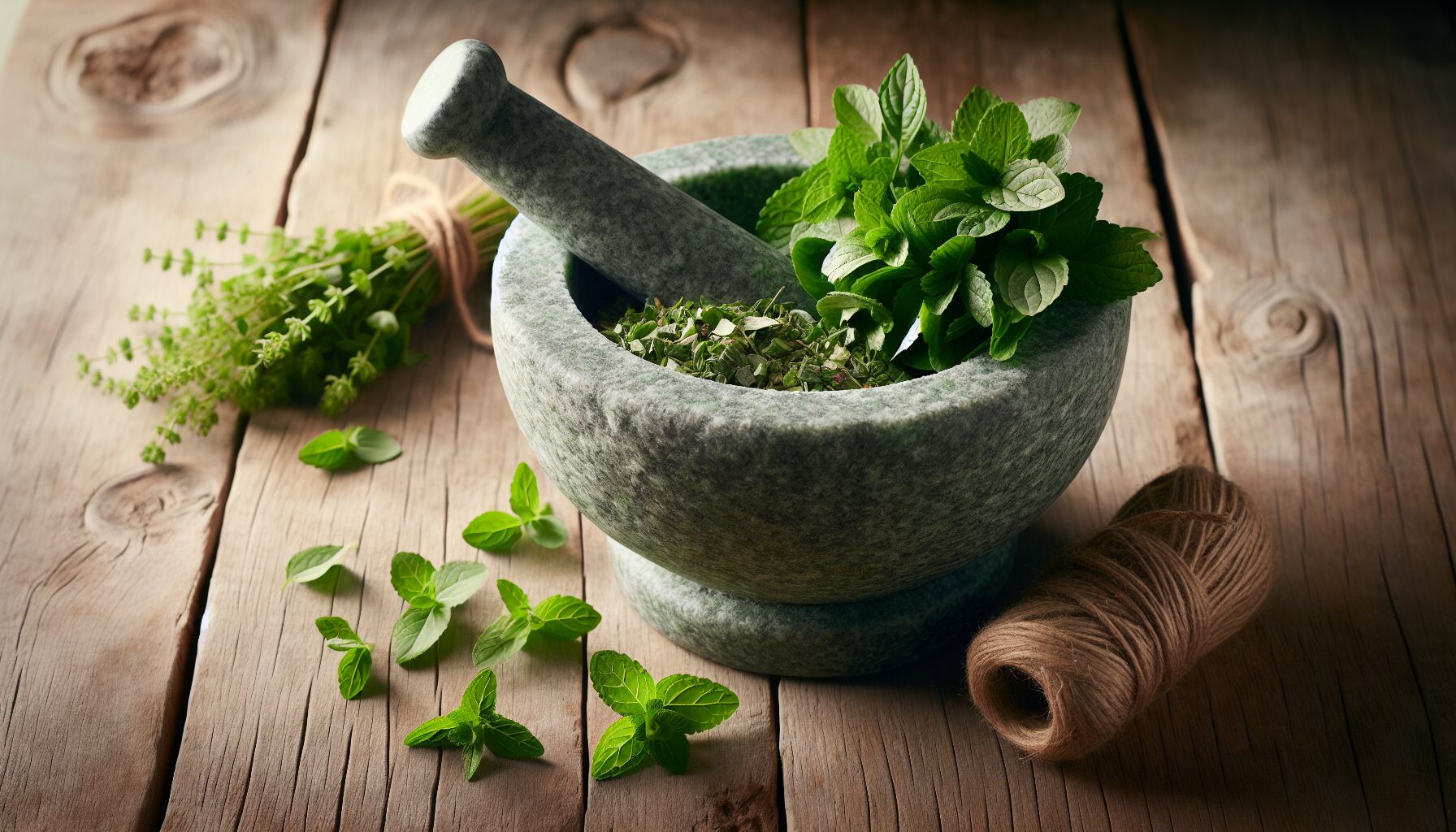
Berberine: What Does It Do
Berberine is an ancient plant alkaloid found in plant roots, it’s benefits and what it does do for the body are of great interest to health researchers.
This plant phytochemical that been used medicinally for many years in eastern traditional medicines. In Ayurvedic Indian and Chinese traditional medicines, berberine containing medicines have been used effectively for 3000 years. Some potential benefits of berberine that have been observed over the years include immune support, anti-breast and other cancer responses. It has also been seen to influence gut health. A healthy gut can also potentially improve your immunity, overall health and wellbeing.
Interestingly, plant alkaloids form part of the plant-microbe symbiosis that occurs within plant roots in the soil. This is where microbes and plants form a relationship, often resulting in the exchange of nutrients for their mutual survival. This might be how some of its gut microbe influencing effects come about in the human gut.
Some plant soils containing high alkaloid concentrations, from plant root release, have a higher diversity of symbiotic microbes while supressing parasitic microbe growth. This comes as part of an ancient mutual cohabitation, with many symbiotic soil bacteria producing similar chemicals to their hosts. Alkaloids, in general, may have effects on human viral infections, fungal growth, diabetes and heart disease too.

Health Effects Of Berberine
This plant alkaloid is used in Eastern medicine to supresses diarrhoea and is also thought to have effects on harmful microbes. Some medicinal plants high in berberine include gold thread, barberry and tree turmeric. Current research suggests it may be involved in protecting brain health, in what might be classed as nootropic action. This shows it has broad potential health benefits.
There seem to be limited side effects with its use and is thought to be relatively safe to use. This is because of the number of clinical trials and its medicinal use in other cultures. Let’s take a closer look at some of the potential benefits of berberine use.
Anti-Cancer Effects
Berberine has been observed to initiate anti-cancer activities within the body including apoptosis and cell growth suppression. Cancer cell metastasis, or progression, was seen to be supressed with berberine intake. High-energy cancer-causing molecules disrupt key cell functions through DNA and cell structure damage.
It also seems to have advanced anti-inflammatory and antioxidant action, that will reduce the incidence of cancer causing events from these high energy free radicals. These have even been detected in sperm production, where berberine seems to increase sperm count through antioxidant action. This is an usual potential benefit of berberine use.
Recent studies predict that this plant alkaloid molecule will be used in clinic for targeted cancer therapy. This is largely due to the range of inhibiting effects seen with different cancers including lung, liver and breast cancers. For example, in breast cancer, it has been shown to initiate cancer cell death. The anti-inflammatory actions of berberine have also been observed to have a possible influence on reducing symptoms of osteoarthritis. These show a snapshot in the range of potential health benefits that berberine could have.

Effects On Gut Health
Inflammation and gut health are heavily linked. When the gut becomes inflamed it usually is detrimental to gut health, absorption and can result in inflammatory diseases of the gut such a Celiacs. Antioxidants, including berberine, in your food or medicinally could ameliorate gastrointestinal issues arising from gut inflammation. This could then help with diseases such as Celiacs, IBS or Crohn’s.
Extracts have also been used for a long time as a traditional remedy to treat bacterially induced diarrhoea. This already indicates it influences the gut microbiome, because diarrhoea is usually a symptom exclusive to changes in the gut microbiome. Berberine seems to reduce the risk of gut infection, while also improving nutrient digestion and bioavailability.
Berberine has antibacterial activity, including being able to inhibit harmful C.difficile and E.coli strains, lowering gut inflammation. It can also increase intestinal villi length, improving absorption and also improving gut microbe diversity. Having diverse gut microbes can improve overall health through improved nutrient access, healthy weight management and optimizing brain health.
Berberine & Immunity
Having good gut health influences your immune system functioning. Symbiotic bacteria within the gut work to enhance the functioning of the immune system, improving overall health and immunity.
In traditional Chinese medicine, extracts containing berberine have been used as an antimicrobial and anti-fungal medicine. Extracts have effects against pathogenic fungi, including Candida albicans, while also being able to inhibit the growth of certain bacteria. Through these actions it could help to support the immune response.
Extracts have been seen to have antiviral activity, including inhibition of viral replication. It is a developing drug target for new antiviral medicines. It has been shown to be effective against herpes, HIV and human papillomavirus.
This plant molecule works at a the DNA level to directly prevent viruses from replicating, through reverse transcriptase inhibition. This is one of the most ancient and essential replication pathways for viruses. It might also be able to assist with suppressing autoimmune disease responses. Through these actions, berberine extracts could assist the immune system and promote improved health.

Berberine As A Nootropic
Berberine is believed to be able to have neuroprotective effects, preventing and reducing symptoms of neurodegenerative diseases in the body. These effects are due to its advanced antioxidant abilities.
The positive effects of berberine on the brain have been isolated so far to Alzheimer’s and Parkinsons diseases. Because berberine can supress oxidative cell damage, it is thought to be able to protect the cells of the nervous system and brain. In particular, it has been observed to quench radical superoxide ions.
While these effects need to be researched in more detail, there is evidence that berberine inhibits the activities of one of the most heavily implicated enzymes in Alzheimer’s.
Once it is absorbed, in terms of brain health, what berberine does do is offer oxidant protection and inhibits key Alzheimer enzymes. This is why it shows promise as an anti-Alzheimer’s drug.
Effects On Diabetes & Cardiovascular Diseases
Berberine might have glucose regulating effects, through increased and restored insulin sensitivity. This has potential to assist diabetics. This alkaloid upregulates certain genes responsible for insulin sensitivity.
Berberine has also been observed to be able to lower blood glycemic index and lipid levels. Initial studies show that the levels of oxidized LDL were reduced when extracts were used. This shows promise for berberine being able to assist with cardiovascular health.
Berberine seems to encourage lower lipid levels and might assist with weight loss, having been shown to directly discourage obesity, more research needs to be done. What it does do is possibly reduce weight in an animal model, berberine might be shown to induce weight loss one day in humans. This shows promise for the future benefits of berberine, for managing healthy weight and therefore assisting with overall cardiovascular health.

Berberine
Extracts of berberine have anti-cancer potential
Berberine is an anti-microbial & anti-viral, it has been used medicinally for 3000 years
Berberine might reduce gut inflammation, helping with inflammatory diseases
This compound might have neuroprotective effects

Conclusions
Berberine is a medicinal alkaloid that has been used in ancient cultures for many years. The breadth of its potential health benefits are starting to be revealed. With berberine, there seems to be no end to what it does do in the body once ingested.
Some of its potential health benefits include anti-microbial and anti-viral actions to support the immune system, neuroprotection for Alzheimer’s or similar diseases, anti-cancer activity and improved gut health.
Berberine extracts seem to inhibit pathogenic viruses or bacteria and encourage symbiotic bacteria for improved gut health status. It also seems to reduce gut inflammation and this would also assist with improved gut functioning.
The future of this plant alkaloid is exiting in different areas of research and it may one day become approved as an anti-cancer drug.
For more interesting articles, navigate to the main page below.





